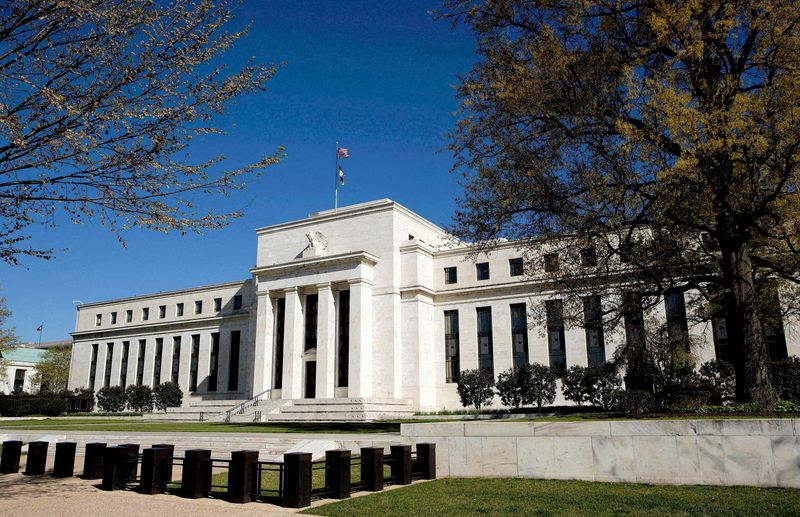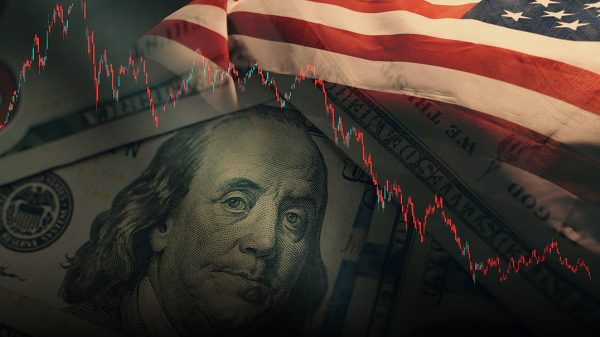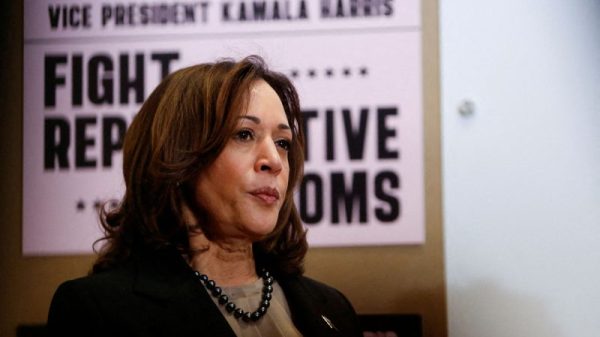
By Michael S. Derby
NEW YORK (Reuters) – Federal Reserve Bank of St. Louis President Alberto Musalem said on Monday he supports more interest rate cuts as the economy moves forward, while noting that its performance will determine the path of monetary policy.
“Further gradual reductions in the policy rate will likely be appropriate over time,” the official said, noting that “patience” has served the Fed well.
“I will not prejudge the size or timing of future adjustments to policy.”
Musalem’s comments came from the text of his speech prepared for delivery before a meeting of the Money Marketeers of New York University, held in New York. The official, who took office earlier this year and who does not hold a vote on the rate-setting Federal Open Market Committee, was scheduled to speak as the interest rate outlook has once again been upended.
On Friday the government reported data showing unexpected and very vigorous strength in the job market, which called into question widespread concerns that the labor sector was weakening. Last month, the Fed cut its interest rate target by half a percentage point, to between 4.75% and 5%, because inflation pressures have waned considerably with ample signs the job market was growing softer.
The Fed had also penciled in half a percentage point’s worth of cuts into the close of the year. But the strength of hiring in September has now called into question how aggressive the Fed will need to be with rate cuts.
Musalem noted he supported the Fed’s latest rate decision and said his outlook for monetary policy is “slightly above the median” projected by his colleagues.
Musalem argued for a cautious pace of rate cuts, while noting that he expects inflation to move back to 2% on a 12-month basis over the next few quarters and sees the current state of the job market as consistent with a strong economy.
“Given where the economy is today, I view the costs of easing too much too soon as greater than the costs of easing too little too late,” Musalem said. “That is because sticky or higher inflation would pose a threat to the Fed’s credibility and to future employment and economic activity,” he said.
“It is possible that inflation will cease to converge” on the 2% target, Musalem added, “but I believe the risks that inflation becomes stuck above 2% or rises from here have diminished.”
In his remarks, Musalem also said financial conditions generally remain supportive of economic activity. He said he expects the expansion to continue but noted that uncertainty about the outcome of the Nov. 5 U.S. elections was causing some firms to hold back until they had more clarity.


























